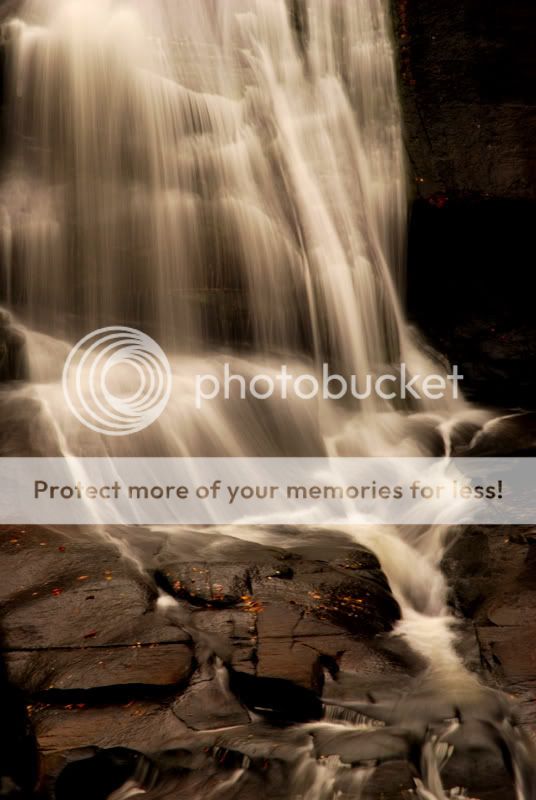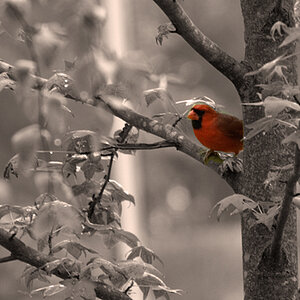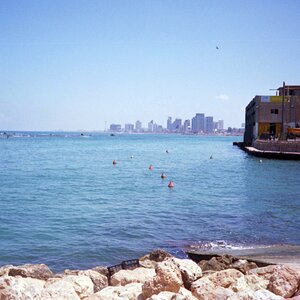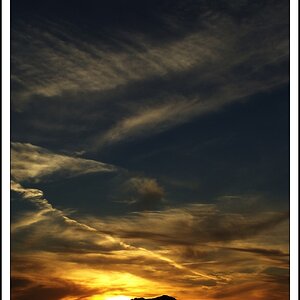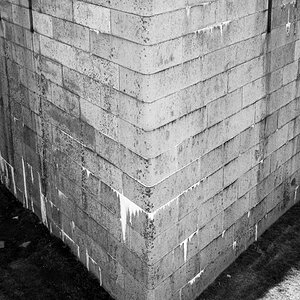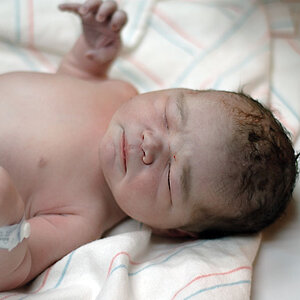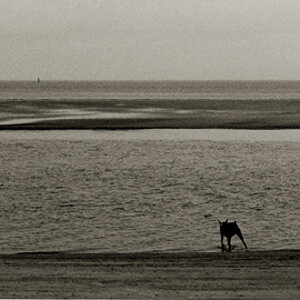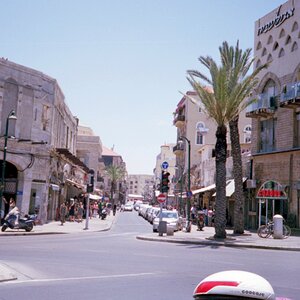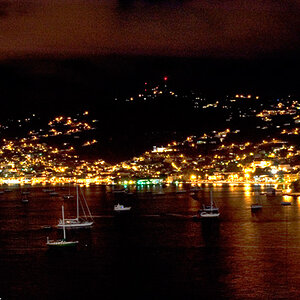Mav
TPF Noob!
- Joined
- Jan 1, 2008
- Messages
- 1,457
- Reaction score
- 2
- Can others edit my Photos
- Photos OK to edit
100 isn't the best. The "best" ISO for a given camera in terms of image quality is whatever the base ISO is. On the 300 and 700 it just happens to be 200, along with my D40 due to properties of the sensor designs. On my D80 it's 100. The further you deviate from the base ISO in either direction, the more quality will drop off.
If you were trying to capture wave action with a D300 and needed to slow things down past ISO 200, you'd be better off just popping on a 1-stop ND filter than dropping the camera's ISO to Lo 1.0 (ISO 100) or whatever they call it. Dropping ISO will drop quality, but not a 1-stop ND filter. For that photo of the lifeguard stand above, a faster base ISO of 200 actually would have helped, because then I'd only have needed a 7-8 second exposure vs 15 for the same quality, which lets me keep moving and taking more photos faster, and it also sucks up less battery per shot. Higher or lower base ISO can either hurt you or help you all depending on what you're trying to do. Generally I prefer the faster base ISO, but for trickier situations like this it can actually get in the way. But the easy workaround is an ND filter, so no big deal.
If you were trying to capture wave action with a D300 and needed to slow things down past ISO 200, you'd be better off just popping on a 1-stop ND filter than dropping the camera's ISO to Lo 1.0 (ISO 100) or whatever they call it. Dropping ISO will drop quality, but not a 1-stop ND filter. For that photo of the lifeguard stand above, a faster base ISO of 200 actually would have helped, because then I'd only have needed a 7-8 second exposure vs 15 for the same quality, which lets me keep moving and taking more photos faster, and it also sucks up less battery per shot. Higher or lower base ISO can either hurt you or help you all depending on what you're trying to do. Generally I prefer the faster base ISO, but for trickier situations like this it can actually get in the way. But the easy workaround is an ND filter, so no big deal.


 I agree with the gear though.
I agree with the gear though.